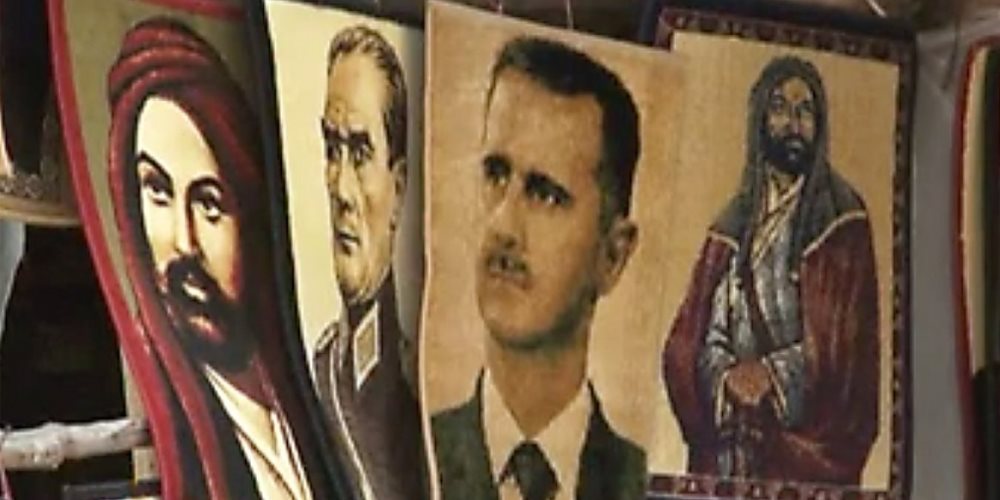Since the nationalist Committee of Union and Progress (CUP) administration in the early 20th century, the modernist elite in Turkey have tried to create a homogenous and “harmonious” Turkish national identity. The process of building a national identity in Turkey has been controversial and, at times, cruel. Mass deportations of Ottoman Armenian and Rumelian Muslim populations, and also the exchange of the Muslim population in Greece with the Greek population in Anatolia, created a religiously homogenous society. Although ethnic, linguistic and sectarian diversity had been preserved to a certain extent during the early Republican era, there were moments when this diversity was considered a potential threat to national security and unity.
There were moments, after 2000, when the identity-related diversity and multicultural legacy of the Ottoman Empire was celebrated. The AK Party government initiated an Alevi Opening, in 2007, and pioneered two important initiatives, one in 2009 and one in 2013, to resolve Turkey’s century-old Kurdish Question. These initiatives were important steps towards identity-related reconciliation in Turkey. Unfortunately, the crisis in Syria has stimulated the identity-related fault lines in Turkey, increasing the risk of social contention, whereby the escalating civil war in Syria has posed the threat of identity-oriented polarization in Turkey.
[Politics Today, July 11, 2016]









